Quantum Innovation and Discovery Science (QUIDS)
Driving industry R&D and commercialisation of quantum sensors.
QUIDS will support industry partners to identify and exploit useful outcomes
from the massive pool of Australia’s untapped quantum breakthroughs.
Work with us to prototype and manufacture new quantum sensors to advance scientific knowledge and deliver tangible value to Australian industry. QUIDS will draw from 30+ years and >$1B of globally leading quantum science research from across Australia.
Benefits for industry partners
Position your organisation for competitive advantage as an early adopter of quantum technology
Influence and inform the research agenda to align focus and solutions with unmet needs and priorities.
Build brand and reputation as an industry leader within emerging technology.
Engage and upskill your existing employees. Gain direct access to top talent (PhDs and Postdocs).
Benefit from access to a global network of partners to better identify and exploit future opportunities.
Access state-of-the-art facilities and infrastructure and conduct experiments, tests, and research that may not be feasible within your own organisation.
Leverage financial contributions from the ARC (up to $35m) and other sources to subsidise your R&D budget.
Mitigate risks associated with R&D investment through rigorous ARC grant assessment and management process.
You may be eligible for Australian Government R&D Tax Incentive
The opportunity
University of Western Australia are leading the bid to host a national ARC Centre of Excellence in Quantum Innovation and Discovery Science (QUIDS). The Centre will have headquarters in Perth and major hubs across the nation.
-
Quantum sensors offer unprecedented levels of sensitivity and accuracy in measuring various physical quantities, leading to breakthroughs in navigation, exploration, measurement and healthcare. They work by harnessing unique behaviours of matter that only occur at a subatomic scale (eg: entanglement, superposition, and coherence).
-
Our multidisciplinary team has a diverse expertise from knowledge on:
• Atomic clocks – Using vibrations of atoms to measure time
• Magnetic field sensors (eg: SQUIDS, OPMs, TMRs) – range of applications from navigation to industrial equipment and environmental monitoring
• Gravimeters - variations in gravitational force for geophysical exploration
• Gyroscopes – angular momentum to stabilise navigation systems
Industry use-cases span from underground mapping and precision navigation to medical imaging and remote sensing in electric vehicles.
-
Examples include:
• Co-design programs and projects
• Identify key research topics and industry use cases
• Assist research teams with data collection and analysis
• Test preliminary findings in your organisation
• Provide end-user feedback to inform further research
• Help disseminate research outputs to wider industry and community
• Provide in-kind and/or cash contributions to support research activities
-
The QUIDS team has a track record of systematically facilitating the translation and commercialisation of discoveries, breakthroughs and inventions.
We have developed a comprehensive Research Translation Prorgam to de-risk quantum products and deliver immediate or near-term commercial benefits.
A 2022 CSIRO report estimated that, by 2045, Australia’s quantum industry could generate A$5.9 billion in revenue and 19,400 jobs (similar to the number employed in the oil and gas industry). The sector is predicted to grow 33% over the next five years.
-
The University of Western Australia is leading a bid to establish a national ARC Centre of Excellence in Quantum Innovation and Discovery Science (QUIDS).
The team includes world-leading experts from seven Australian Universities including The University of Western Australia, The University of Queensland, Griffith University, Australian National University, The University of Sydney, Melbourne University, Swinburne University.
Proposed international partner institutes include CERN (European Organization for Nuclear Research), Fermi Lab (USA) and Jefferson Lab (USA).
-
The application process for ARC Centres of Excelence consist of an EOI application stage and a full application stage.
The key dates for the upcoming round is as follows:
• EOI period: mid 2024
• EOI rejoinder: Quarter 3 2024
• Full application period: Late 2024 – early 2025
• Rejoinder period: mid 2025
• Anticipated announcement: Fourth Quarter 2025

